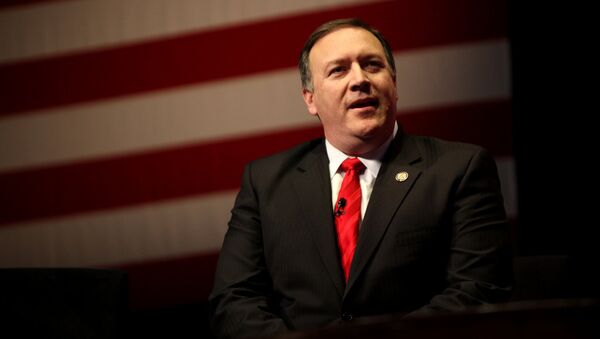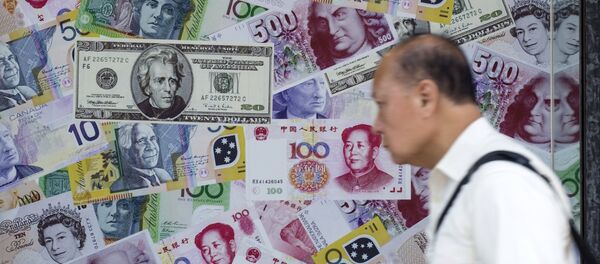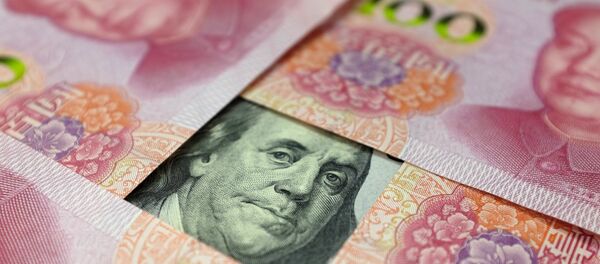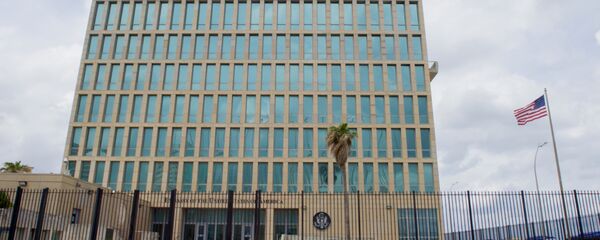Speaking in Mexico City and Panama City last week during his mini-tour of the region, Pompeo complained that Chinese "state-owned enterprises show up in a way that is clearly not transparent, clearly not market-driven, and is clearly designed not to benefit the people…but rather to benefit the Chinese government."
Calling China's investment and trade activity "inappropriate" and "predatory," Pompeo called on local officials to have their "eyes wide open" while dealing with China.
Suggesting that Pompeo's attitudes were nothing new, and that his predecessor Rex Tillerson accused China and Russia of an "imperial role" in the region in February, Global Times suggested that the words of both Pompeo and Tillerson "entail contempt for the judgement of Latin American countries."
"Almost 200 years after the Monroe Doctrine speech in 1823, does the US still view itself as the instructor of Latin American countries?" Global Times asked.
Noting that the US simultaneously attaches importance to the region while "sneezing" at these countries and their interests, Global Times accused Washington of turning a "blind eye to regional countries' independence, development and their feelings," and of failing to offer the region much support in its pursuit of economic development.
China Daily took a more aggressive approach, calling Pompeo's remarks "both ignorant and malicious" and accusing him of "not hesitat[ing] to stab China in the back" by "cautioning Panama and other nations about accepting China's loans under the Belt and Road Initiative."
Calling Pompeo's statement about Chinese state investments "wild," "condescending" and a form of "bullying," the newspaper suggested that the comments were something China has "come to expect from members of the Trump administration, being based on neither truth nor fact."
Beijing, China Daily noted, has focused on "providing a new model of win-win cooperation in international relations" instead of "clinging to the outdated geopolitical maneuverings adopted by some Western countries, especially the US." Washington, the paper argued, continues "to treat countries in the region as its subjects without due respect for their sovereignty and legitimate rights and interests."
Ultimately, the newspaper stressed that "the days when Washington could dictate its wills to those countries" were "long gone," and said that the US would "not succeed in disrupting China's legitimate and normal ties with those countries."
Relations between Beijing and Washington have grown increasingly tense amid a trade war involving tariffs on tens of billions of dollars of goods and US threats to impose tariffs on all $500 billion of Chinese imports. Beijing has responded with its own tariffs, and discussed asymmetrical ways it can put pressure on Washington. Earlier this month, Vice-President Mike Pence prompted fears of a US-China Cold War after delivering a 45-minute speech accusing Beijing of "meddling" in US politics and waging "economic aggression" around the globe.





